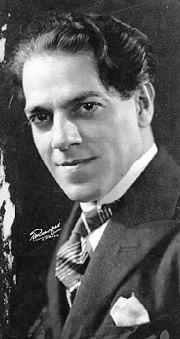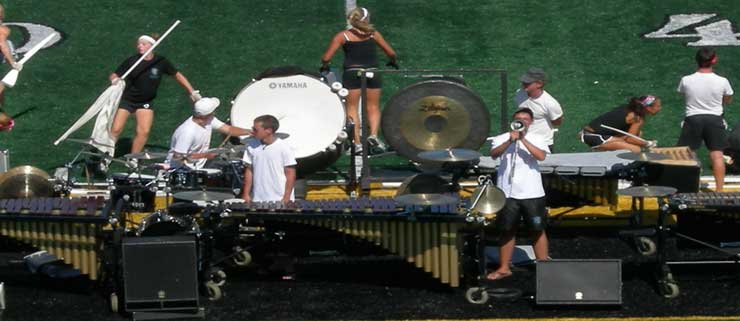 Brazilian Heitor Villa-lobos is possibly the best known classical composer in South America. This article is a brief biography of his life and works. Â
Brazilian Heitor Villa-lobos is possibly the best known classical composer in South America. This article is a brief biography of his life and works. Â
Heitor Villa-lobos, Brazilian composer and conductor, was famous for his nine suite Bachianas brasileiras ("Brazilian Bach-pieces") and his largest recorded choir count. He was one of the most extraordinary composers of the 20th century who produced more than 2,000 musical works.
Early life of Heitor Villa-Lobos
Heitor Villa-lobos was born in Rio de Janeiro on March 5, 1887. His first music education was given by his father who taught him to play the cello. In his teens he performed with popular musicians. He then travelled widely for a while, returning to Rio de Janeiro in his mid-20s for a few formal lessons.
Influences of Villa-Lobos
Villa-Lobos absorbed Russian and French influences in the 1920s to create neo-Baroque works in Brazilian style, using native colours and rhythms. Through his travels in Europe and in Paris, he was influenced by Milhaud and Satie, and by neo-Classicism. Returning to Brazil in 1930, he held some official teaching posts and founded the Brazilian Academy of music in 1945.
Works of Villa-Lobos
His gift for melody is displayed in the Choros (serenades) series for various ensembles, and the series of nine Bachianas Brasileiras, with the no.5 displaying few minutes of sexy, sinewy sound, treated in the manner of Johann Sebastian Bach. These nine attractive suites are the most popular works of Villa-lobos.
Villa-Lobos wrote numerous orchestral, instrumental, chamber and vocal works. His music was influenced by both Brazilian folk music and by stylistic elements from the modernistic European classical technique, as exemplified by his Bachianas brasileiras. He also introduced a sound which was a mixture of popular South American influences similar to native Indian music. His other works include guitar (Etudes, 1928 and Preludes, 1940) and piano solos, chamber music (including string quartets and cello sonatas), choral works, film scores, operas (Izaht,1912-14 and Yerma, 1955-6) and 12 symphonies. He published a book on Brazilian folk music, Alma de Brazil.Later Life
After 1949 he enjoyed a good life in Europe but in touch with his homeland. Probably not known to many, in 1940, Villa-Lobos led the largest amateur choir numbering to about 40,000 in Rio de Janeiro, which to this day stands the largest ever recorded choir count in history. He died in November 17, 1959 at Rio de Janeiro, aged 72. Â ÂSources:
-
The Grove Concise Dictionary of Music, edited by Stanley Sadie, Macmillan Press, New York, 1994
- Pimlico Dictionary of Twentieth-Century Composers, by Mark Morris, Pimlico, London, 1996
- Oxford Dictionary of Music, edited by Michael Kennedy, Second Edition, OUP, 1994Â







 Scroll down to view the comparison chart of over a dozen different portable digital audio recorders.
Scroll down to view the comparison chart of over a dozen different portable digital audio recorders.